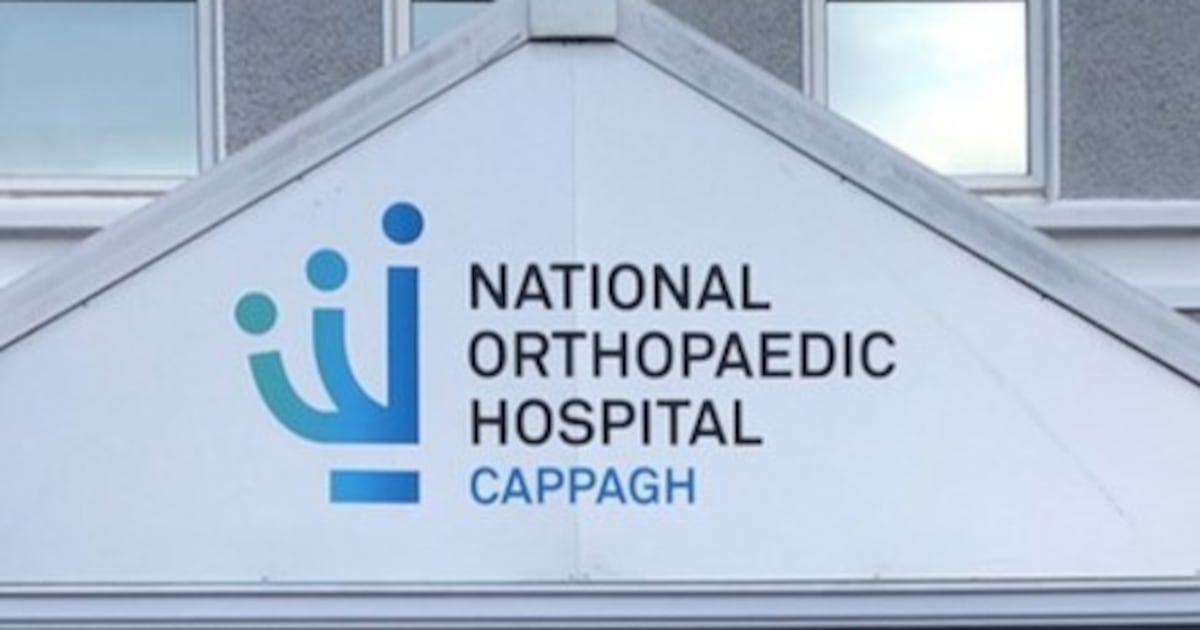More than 100 staff members at the National Orthopaedic Hospital Cappagh have rowed in behind a proposed boycott of Teva Pharmaceuticals, an Israeli company.
A letter signed by 104 workers at the Cappagh hospital in Finglas sent a letter to its chief executive Angela Lee this week asking to “discontinue the procurement and use” of the generic drug manufacturer where viable alternatives exist.
It comes after more than 50 consultants at Children’s Health Ireland (CHI) first made a similar call last month.
Responding to the letter, Ms Lee said the hospital was “in the process of reviewing and considering” the petition.
Teva Pharmaceuticals, an Israeli multinational, is one of the world’s largest manufacturers of generic and specialist drugs.
The company, which makes Sudocrem, has a big presence in Ireland and is one of the largest suppliers of generic medicines to the HSE.
Teva said any boycott of its medicine could “impose a risk on the health and wellbeing” of patients.
In a letter to Ms Lee this week, the group said it represented doctors, nurses, allied health professionals, administrative staff, porters, cleaners and caterers.
The language used in the letter was almost identical to the letter from CHI staff. It is understood a similar action is being considered at acute adult hospitals across the country.
Both letters argued that taxes paid by Teva to the Israeli government “directly funds the diplomatic and military resources employed by the Israeli government to carry out a genocide and silence dissent domestically and internationally”.
“The company provides Israeli forces with medical supplies and donations. These resources have been used to slaughter patients, health professionals and utterly destroy the healthcare infrastructure in Gaza,” the letters said.
In response to the claims, a spokesman for Teva said it adhered to the “highest standards in ethics and business practices”.
He said its patients “rely on regular and reliable supply of medicines” and, as one of the largest manufacturers of generic medicines, Teva remained “committed to ensuring that our quality medicines remain available to our patients, regardless of their religion, beliefs, or ethnicity”.
“Any boycott on Teva may impose a risk on the health and wellbeing of those patients, the healthcare systems we serve, our global workforce and their families,” the spokesman said.
He said Teva was “proud of our significant contribution to the State” in Ireland.
“Last year, our activities directly contributed $226m to the Irish economy, and our broad portfolio of generic medicines has helped the Irish health system realise more than €1.5 billion through generic substitutions over the past decade,” he said.
In a statement, Ms Lee said confirmed a petition on behalf of staff was received on September 4th.
“Our priority remains the safe and effective care of patients,” she added.

